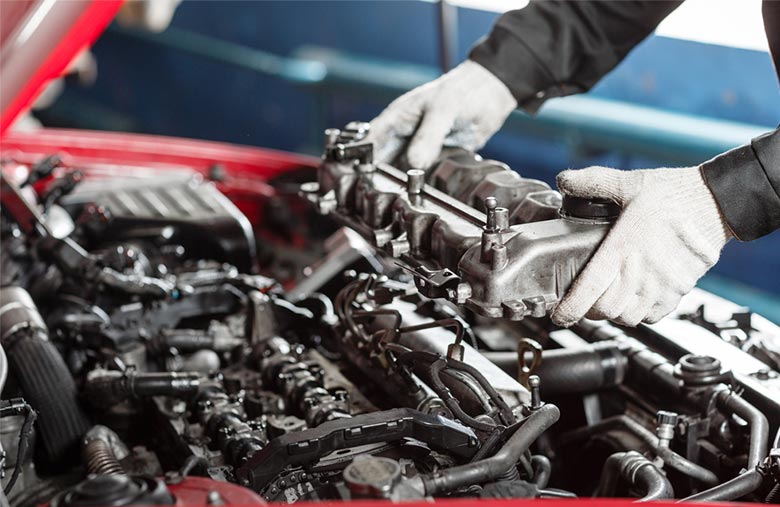Basics of Automotive mechanics
About Course
Language: Arabic – EnglishTraining days : from Saturday to Thursday
Course duration : 40 training hours
Location : Lootah Technical Center
Description
This course includes training on modules that train to work and repair four-wheeler Automotive engines, tires and other systems pertaining to passenger Cars.
What Will I Learn?
- Safety Practices: Understand occupational health and safety in automotive workshops.
- Tool Proficiency: Identify and use automotive tools and equipment effectively.
- Vehicle Fundamentals: Acquire knowledge of light vehicle mechanics.
- Engine Overhauling: Classify engines and understand overhauling processes.
- Transmission Types: Explain manual and automatic transmission systems.
- Drive Shaft and Differential: Understand their functions in vehicles.
- Tire Management: Perform tire removal, installation, and inspection.
- Brake System Management: Conduct brake component removal, installation, and inspection.
- Steering and Suspension: Recognize their importance for safety and handling.
- Electrical Testing: Test starters, dynamos, lighting systems, fuses, and relays.
- Maintenance Importance: Emphasize regular maintenance and inspections for vehicle reliability.

